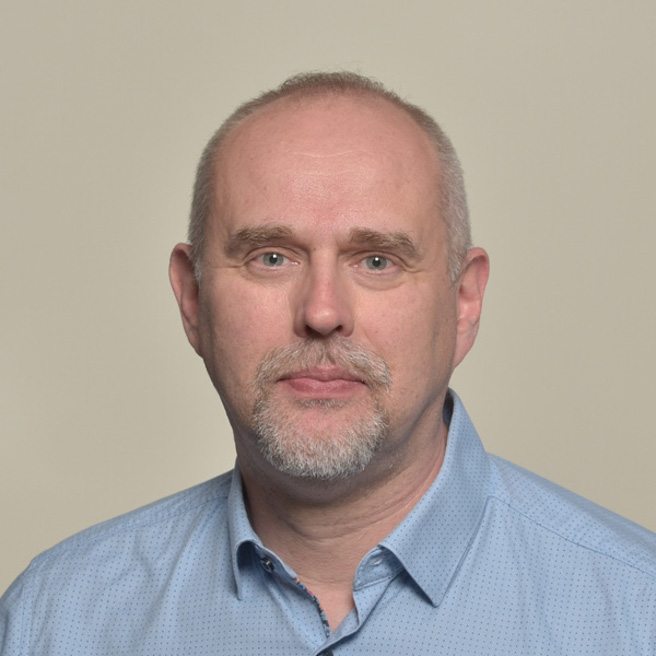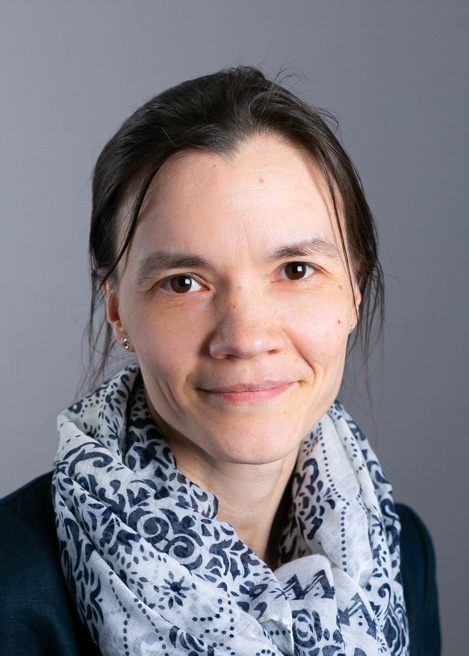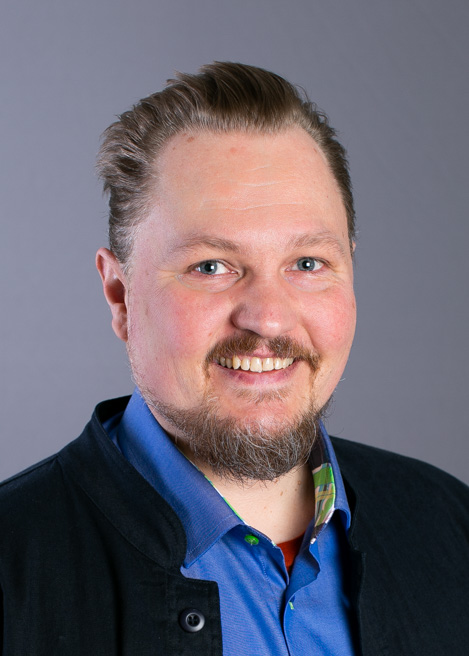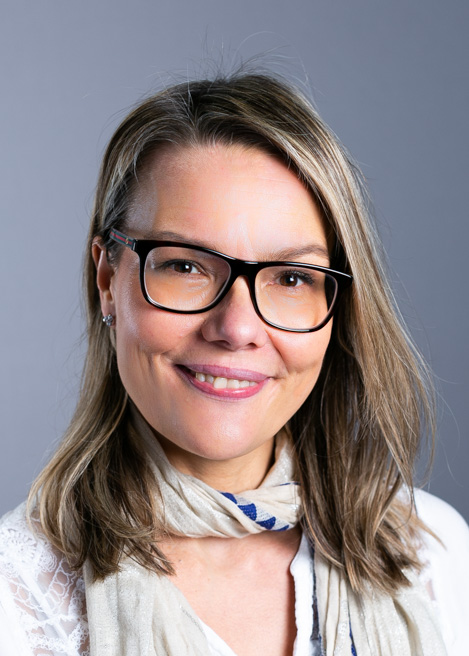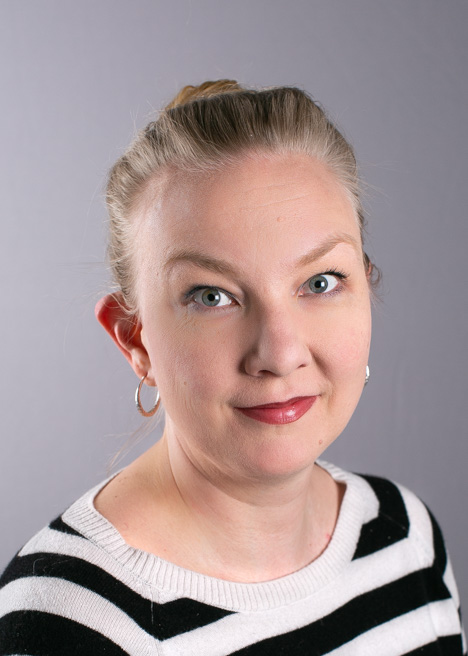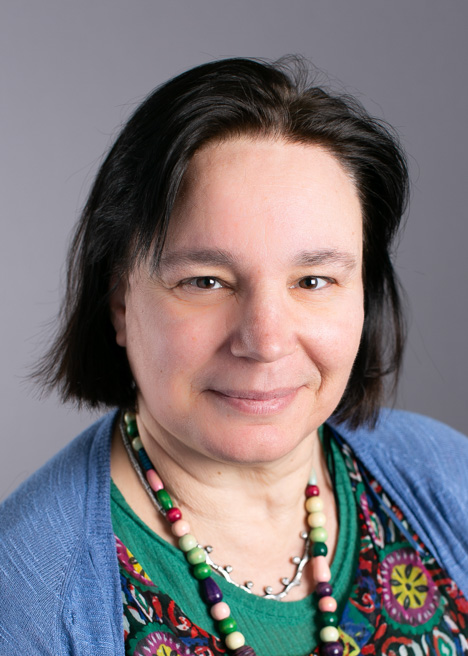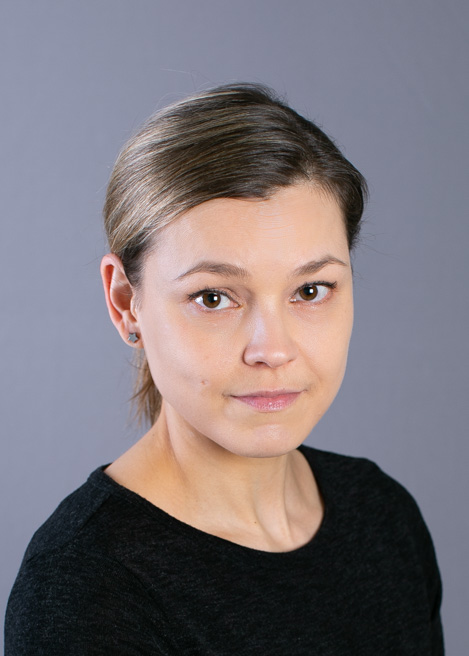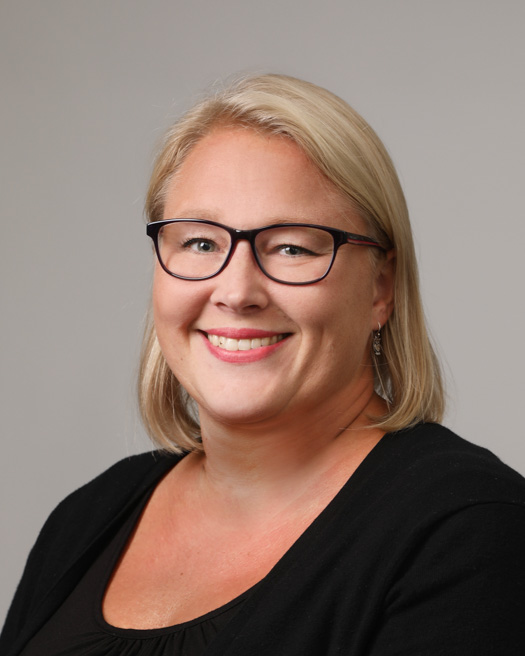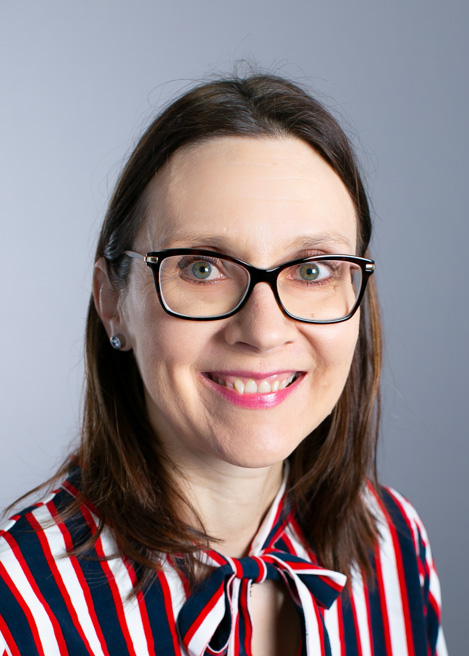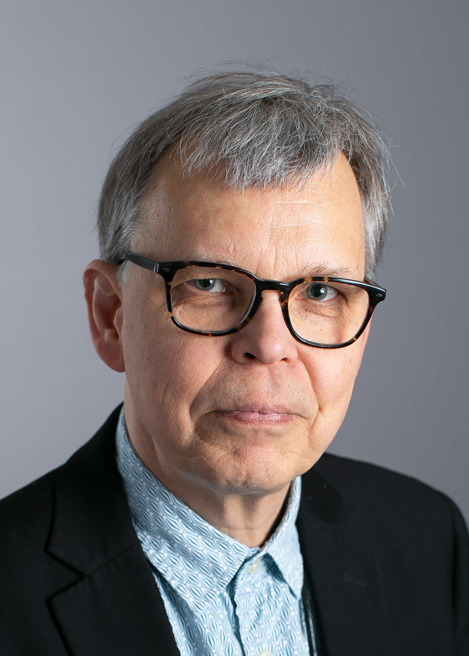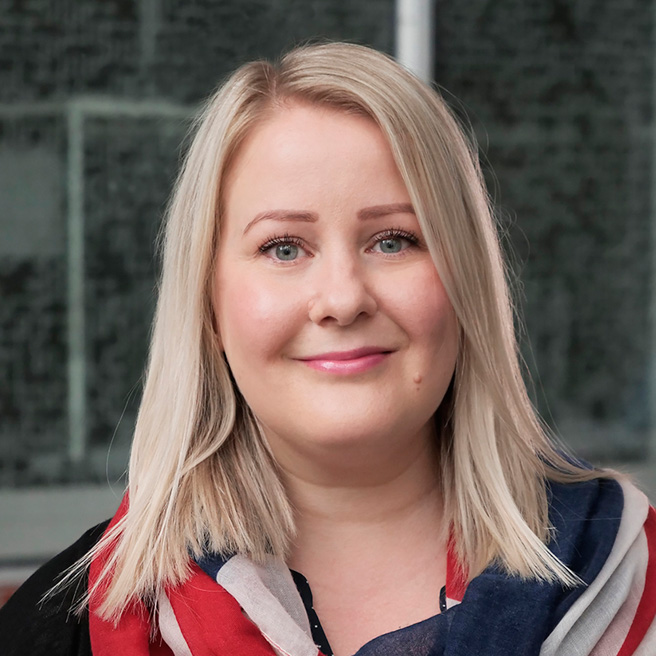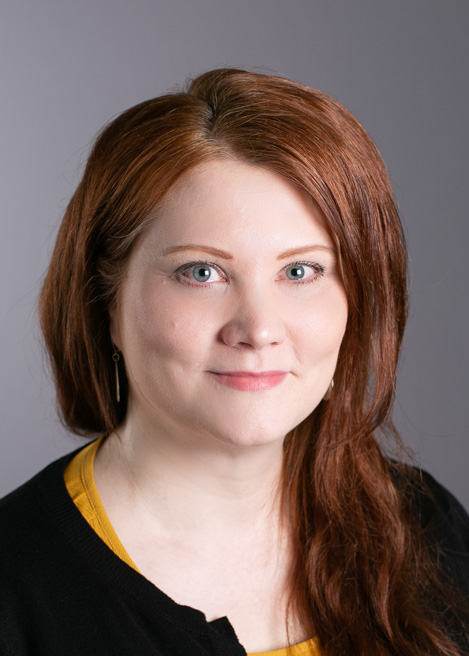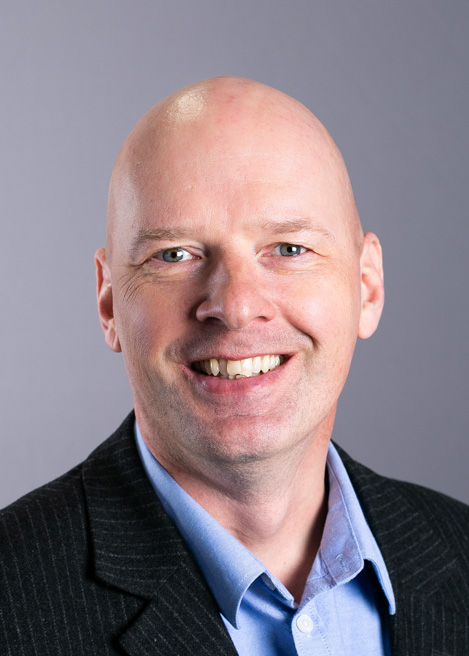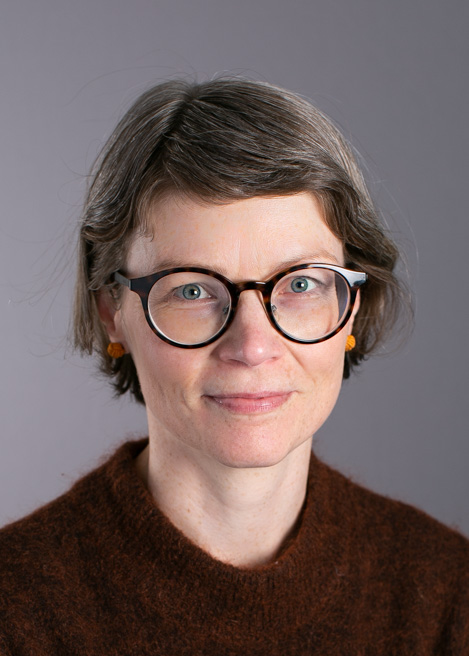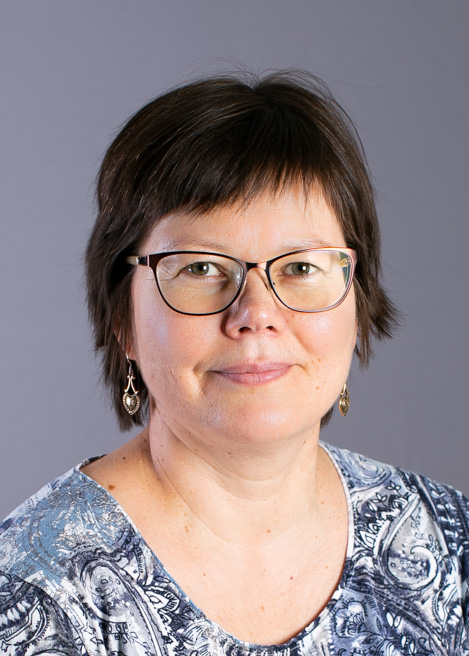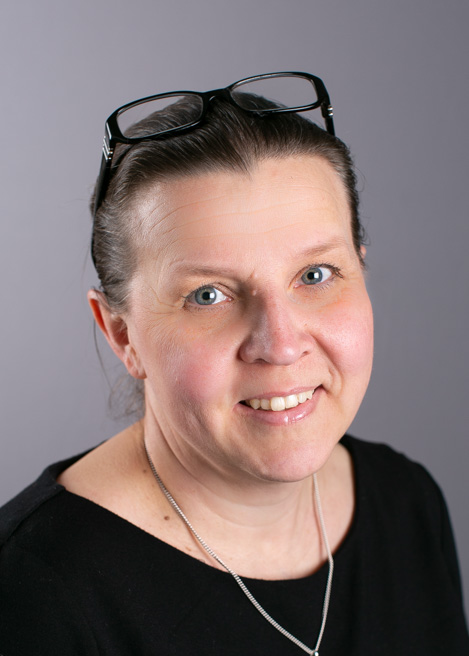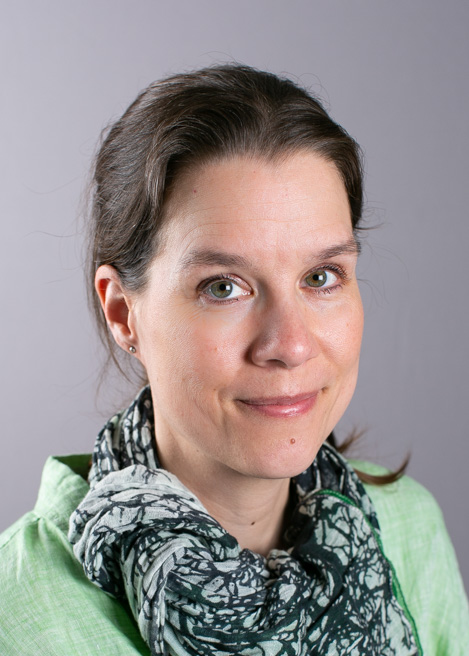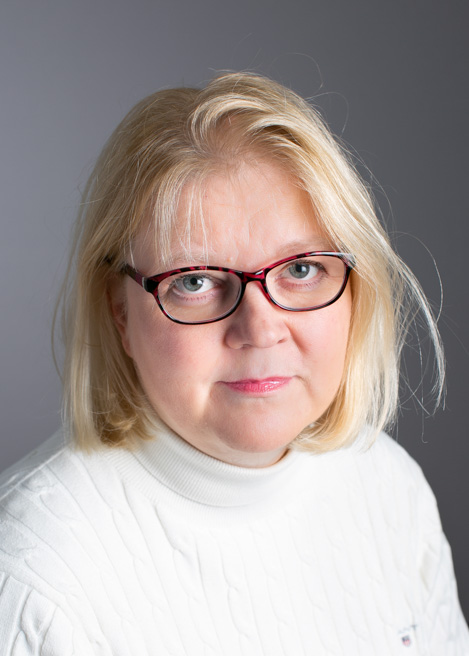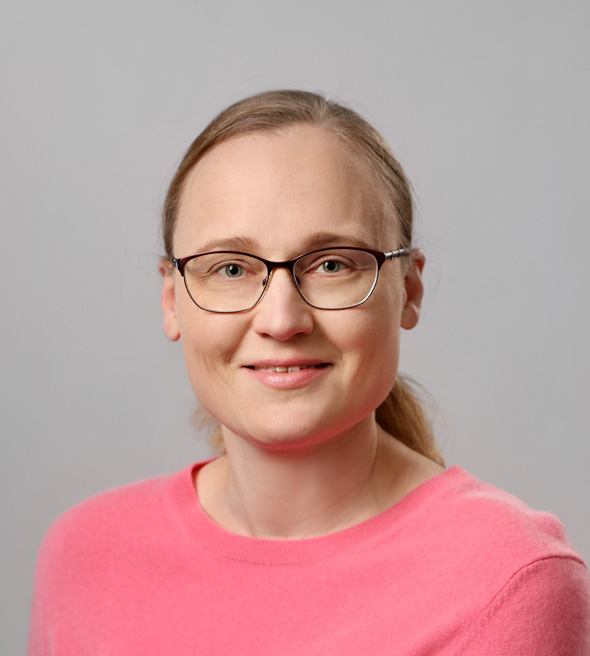Research group
Practice-based pedagogy
We offer research-based knowledge and new pedagogical methods and approaches to develop meaningful learning, high-quality education and skills.
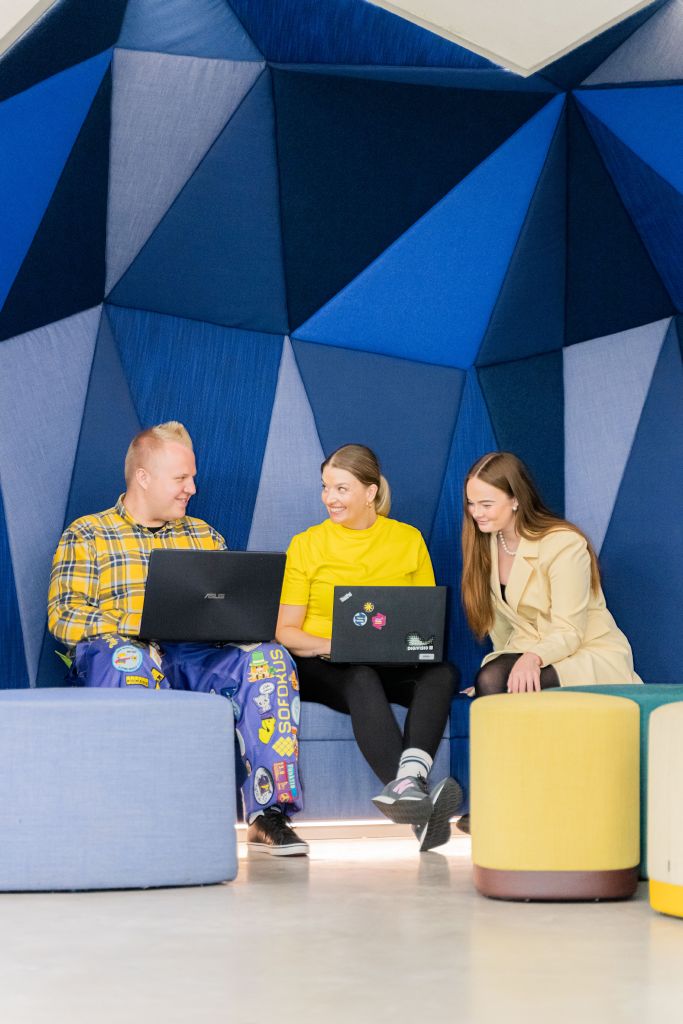
Education is in a state of flux, where change and uncertainty are constant. Continuous learning and changing skills needs, digitalisation and more personalised support needs are transforming teaching and learning.
But how should we learn and teach in a changing world? How can we build a meaningful learning experience and an inspiring work-based learning environment? What kind of pedagogy supports learners’ personal needs and well-being and helps them to attach to the higher education community? In the Practice-based Pedagogy research group, we explore and develop different aspects of higher education and learning in a changing world.
Our research group is practice-oriented. We develop new methods and approaches based on research evidence.
By bringing knowledge and understanding to learning and high-quality education, we support students’ and teachers’ well-being, skills development and adaptation to changing job profiles. Research-based understanding in the development of teaching also provides support for pedagogical leadership and decision-making.
These we research and develop
1
linguistic and cultural diversity in higher education
2
pedagogical well-being and guidance
3
identification, assessment and learning of generic competencies
4
online learning environments and pedagogy
5
recognition of prior learning and skills anticipation, micro-credentials and digital Open Badges
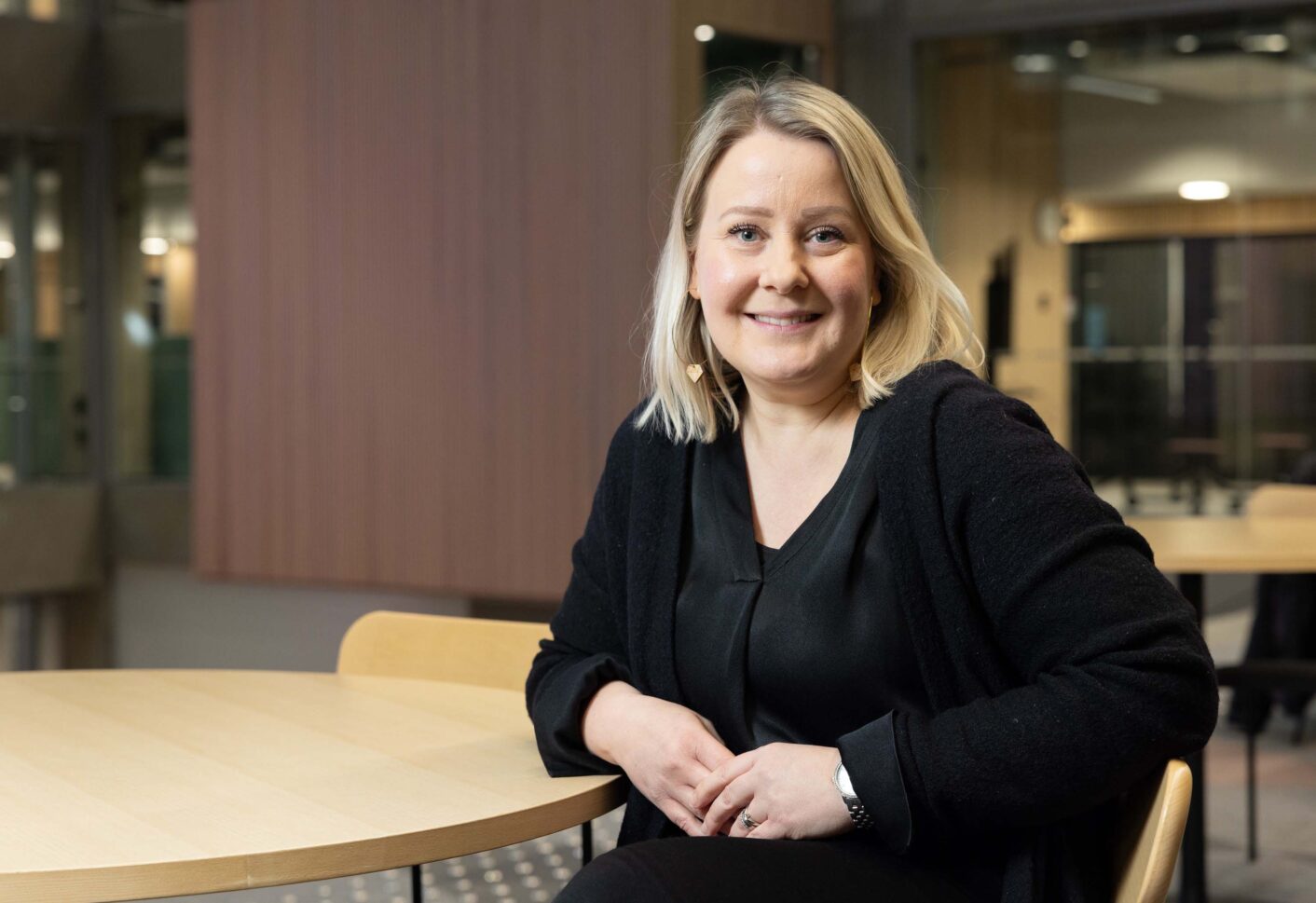
In the Practice-based Pedagogy research group, we combine everyday pedagogy, research and development to promote impact across the world of work. Research-based understanding in the development of education provides support for pedagogical leadership and decision-making.
Meiju Keinänen, Principal Lecturer, Research Group Leader
What happens
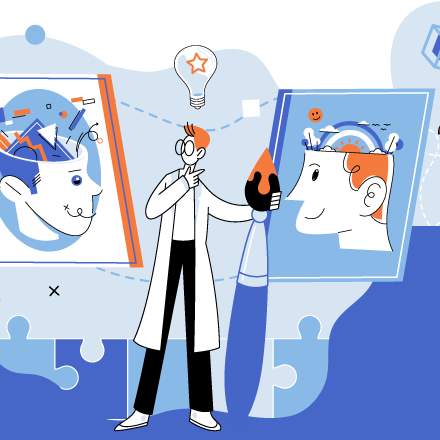
New materials and tips for teaching innovation competence
We are excited to announce the launch of new materials by the SINCOE project, a three-year initiative funded by the Erasmus+ Cooperation Partnership programme. This project, which has now been successfully completed, focuses on teaching, learning, and assessing students’ innovation competences in online, blended, and distance learning contexts.
Discover the New Materials:
- Re-validated Assessment Tool: Identify, assess, and develop innovation competences in online learning: SINCOE@ Assessment tool – SINCOE Toolbox
- Online Assessment Training Package: Understand innovation and its dimensions, familiarize your students with the SINCOE@ assessment tool, and learn to recognize and avoid biases in self-assessment: Access the SINCOE Assessment Training Package here
- Practical Toolbox: Equip yourself with methods and activities to support the development of students’ innovation competences in digital contexts: SINCOE Toolbox
You can find more information on the SINCOE website: Supporting Innovation Competences in Online Education | Sincoe
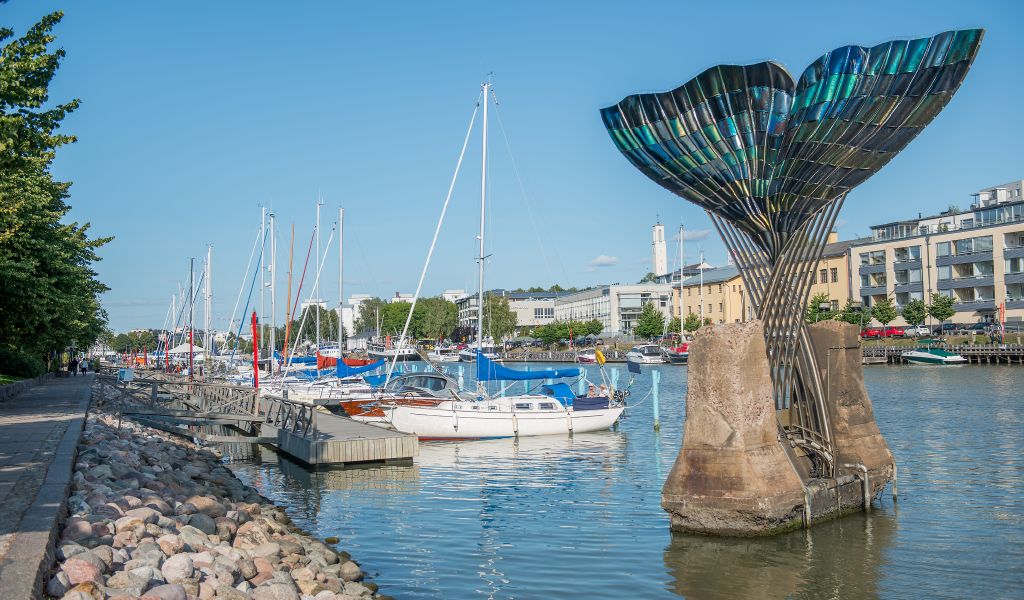
Learning Sustainable Tourism with Open Badges
Our research group wrote a chapter to a new book on sustainable tourism in Nordic countries. We explored how tourism companies and destination management organisations (DMOs) perceived sustainable development, and how they understood updating tourism worker’s competencies in the topic.
In our study, we found out that:
- adult learners can benefit from micro-credentials and open badges by validating their work-based learning in sustainable development
- tourism enterprises valued micro-credentials and open badges as a new forms of upskilling and reskilling workforce, while industry certificates were seen useful for describing the current policies and practices for sustainability
- social and cultural dimension of sustainability were identified as contemporary frames of reference for Nordic coastal tourism.
The Book Nordic Coastal Tourism:
Sustainability, Trends, Practices, and Opportunities explores sustainable tourism development in Nordic coastal regions.
Read more about the Book and our chapter Halttunen, T., Brauer, S., and Jutila, S. (2024): Role of Micro-credentials and Open Badges in Sustainable Tourism Education at the Springer website. Nordic Coastal Tourism: Sustainability, Trends, Practices, and Opportunities | SpringerLink

Identifying Skills and Networking – The Artisans’ Journey Project Workshops Supported the Path to Work life
The Artisan’s Journey project, which commenced in August 2023, concluded on Turku University of Applied Sciences’ part on March 31, 2025. The objective of the project was to develop a comprehensive set of competence services that support participants’ employability and help them align their skills with labor market needs. The project focused particularly on the recognition of prior learning, which was promoted through various workshops.
The project’s guidance and training services were aimed at young people without an upper secondary qualification and individuals with an immigrant background who had not completed a degree in Finland. These groups were offered workshops designed to help them identify and strengthen their competencies and align them with the needs of working life.
During the project, new collaboration networks were established with various associations and stakeholders, enabling the successful implementation of the workshops. For example, in partnership with Vamos, the project organized workshops that provided participants with practical tools for skills development and competence recognition.
In total, Turku University of Applied Sciences implemented 14 workshops in collaboration with different stakeholders throughout the project. These workshops provided participants with valuable learning experiences and were a significant part of the project’s overall impact.
Our experts
The strength of our research group lies in the multidisciplinarity of the experts. Our operations combine field-specific expertise and versatile pedagogical competence with the strong financing and project expertise of Turku UAS’ project professionals. Key personnel are Meiju Keinänen ja Timo Halttunen.
We influence different fields of education
In our research group, we develop pedagogical solutions that support everyday teaching and a multidisciplinary higher education environment.
In particular, multidisciplinary project studies, modules consisting of language and mathematical studies and guidance, are central to our activities. These study modules also serve as test environments for RDI projects.
Our research group consists of 25 experts, eight RDI projects are underway, and our cooperation network covers 30 partners in Finland and internationally. We publish about 20 articles annually, and our RDI activities reach 3000 actors – from students and teachers to companies and experts.
Publications
Hirard, T. & Karaus, E. 2024. Complementary skills and networks for highly skilled immigrants. In (Kirjavainen, H. & Pettersson, A.) Higher education institutions supporting recent migrants. Turku University of Applied Sciences, reports 269. 37-42. https://www. theseus.fi/handle/10024/818716
Keinänen, M. & Konst, T. 2024. Re-validating an assessment tool to identify, assess and develop higher education students’ innovation competence in online education. Book: Engaged Learning and Innovative Teaching in Higher Education. Springer.
Halttunen, T., Dragin-Jensen, C., Kylänpää, C, & Karkov, A. 2023. Collaborative problem solving: a pedagogy for workplace relevance, The Nordic Journal of Vocational Education and Training (NJVET). Collaborative problem solving: a pedagogy for workplace relevance | Nordic Journal of Vocational Education and Training (liu.se)
Kantola, M. et al. 2023. Possible future scenarios for vocational higher education up to 2030, Futura. https://www.theseus.fi/bitstream/handle/10024/818854/Kantola_Friman_Rauhala_Ammatillisen_2023.pdf?sequence=1
Konst, T., Koivunen, T. & Friman, M. 2023. Building a sustainable future: ideas and perceptions of university staff, Foresight. https://www.emerald.com/insight/content/doi/10.1108/FS-12-2022-0170/full/html
Tyrväinen, P., Kantola, M. & Simola, S. 2023. Building a CampusOnline portal for flexible learning. UAS Journal. building a CampusOnline portal for flexible learning – UAS Journal
Keinänen, M. & Välivirta Havia, M. 2022. Embedding Uncertainty in the Learning Process: An Evaluation Case-Study of VUCA Model in Education. Applied Degree Education and the Future of Learning, p. 151. Applied Degree Education and the Future of Learning SpringerLink
Hänti, S., Keinänen M., Välivirta-Havia M., Al-Bermanei H., Ketola M. & Heikkilä J. 2021. Educator´s Guide for Designing Hybrid Learning Environments for the VUCA World, Course Material from Turku University of Applied Sciences.
Keinänen, M. 2019. Educating Innovative Professionals: a case study on researching students’ innovation competences in one Finnish University of Applied Sciences. Research Reports from Turku University of Applied Sciences 49. https://www.turkuamk.fi/julkaisu/educating-innovative-professionals-a-case-study-on-researching-students-innovation-competences-in-one-finnish-university-of-applied-sciences/
Network and partners
As a research group, we are active in national and international networks and work closely with secondary and higher education institutions and education companies in Finland and abroad.
- Consortium on Applied Research and Professional Education – CARPE, Pedagogy, Learning & Innovation SIG
- Engaged Learning and Innovative Teaching in Higher Education, ELITE
- European Universities Continuing Education Network, EUCEN
- Trainers and developers of higher education pedagogy – KOUKE
- Nordic Network for Adult Learning, NVL
- The CDIO™ INITIATIVE – Innovative educational framework for producing the next generation of engineers
- The Finnish Society for Practice Based Inquiry – PraBa
- The International Symposium on Advances in Technology Education, ISATE
Strong project skills
Turku University of Applied Sciences’ Project Office offers support and guidance throughout the life cycle of an RDI project. Our project experts have years of experience and strong expertise in national and international funding programmes. We have more than 200 projects running every year, and our RDI activities have received more than €10 million in external funding.

